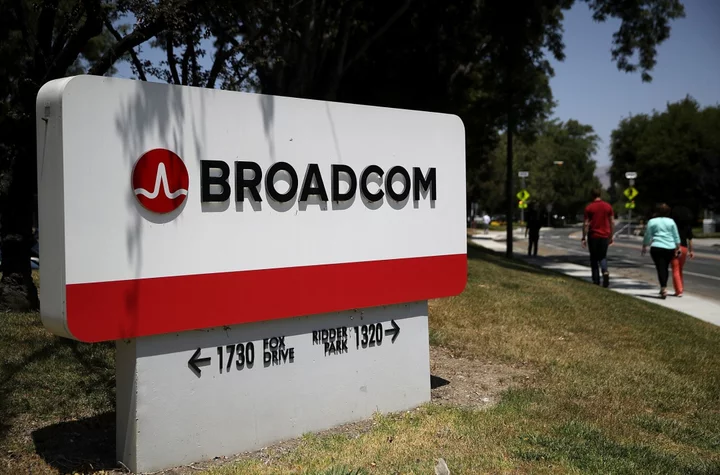(Bloomberg Law) -- Legislation aiming to hold social media platforms liable for addiction and other harms (S.B. 680) to child users was killed by a key committee Friday, the second year in a row this has happened.
The bill, authored by state Sen. Nancy Skinner (D), failed to overcome intense opposition from the tech industry that helped kill a similar measure last year. It would have let the attorney general and public attorneys file civil suits against social media companies for knowingly putting in addictive or harmful designs and algorithms, which could lead to a $250,000 penalty per violation plus litigation costs.
Last year’s effort died early during California’s suspense hearing process, where many bills that have significant fiscal impact tend to get killed swiftly and without debate. With a massive state budget deficit this year, the Skinner bill on Friday faced the same fate, as platforms like Meta Platforms Inc. and TikTok Inc. are facing more scrutiny from policymakers at both state and federal levels.
The bill’s death came despite State Attorney General Rob Bonta throwing his weight behind the bill late June, adding momentum.
A request for comment from Skinner was not immediately returned.
Some changes had been made throughout the legislative process in an attempt to address concerns from tech groups, who criticize the measure as an abridgment of free speech that could force social media platforms to close themselves or important content off to children.
One big key change early on was narrowing the right of action to only the state attorney general and public attorneys. The original version would have let parents sue social media platforms.
More recent changes include doubling the number of days for companies to be in a “safe harbor” from the law. As long as a platform corrects an algorithm or feature within 60 days of a quarterly audit, it wouldn’t be in violation of the law under the current bill.
Skinner also excluded encrypted direct messaging services from her bill. Some tech groups had brought up logistical concerns surrounding those services, as it would be not privacy-friendly and difficult to figure out whether messaging features had caused harm and addiction.
Even if the bill had passed, social media platforms were not likely to give up their fight against the bill. The Chamber of Progress, a tech industry coalition, recently pointed out that legal questions around a new California children’s online privacy law — which is facing a court challenge— are similar to issues around the Skinner measure.
“The federal courts’ skepticism toward the [children’s online privacy law] should be a warning light: If S.B. 680 becomes law this fall, California will once again find itself embroiled in an expensive legal battle over online expression,” said Jess Miers, counsel for the Chamber of Progress.
To contact the reporter on this story: Titus Wu in Sacramento, Calif. at twu@bloombergindustry.com
To contact the editors responsible for this story: Bill Swindell at bswindell@bloombergindustry.com; Andrew Childers at achilders@bloomberglaw.com









